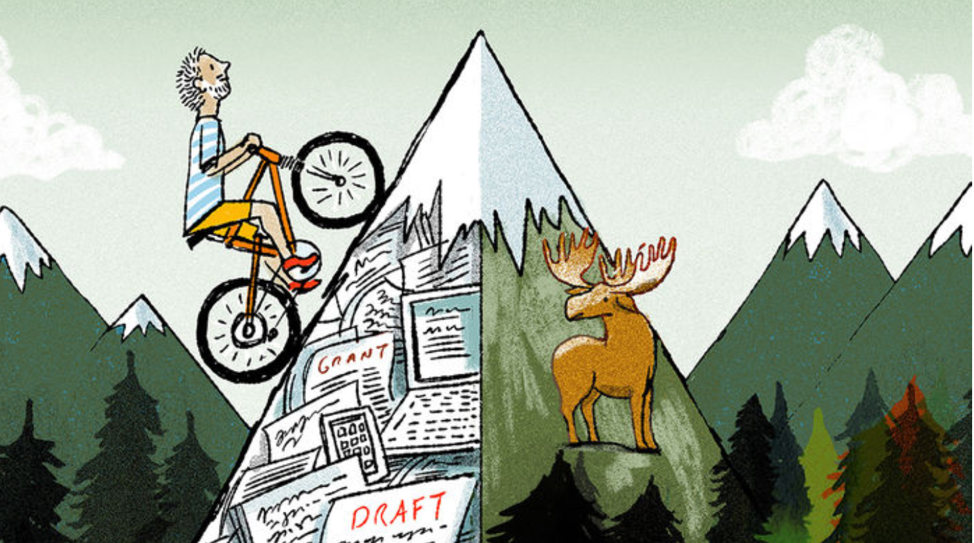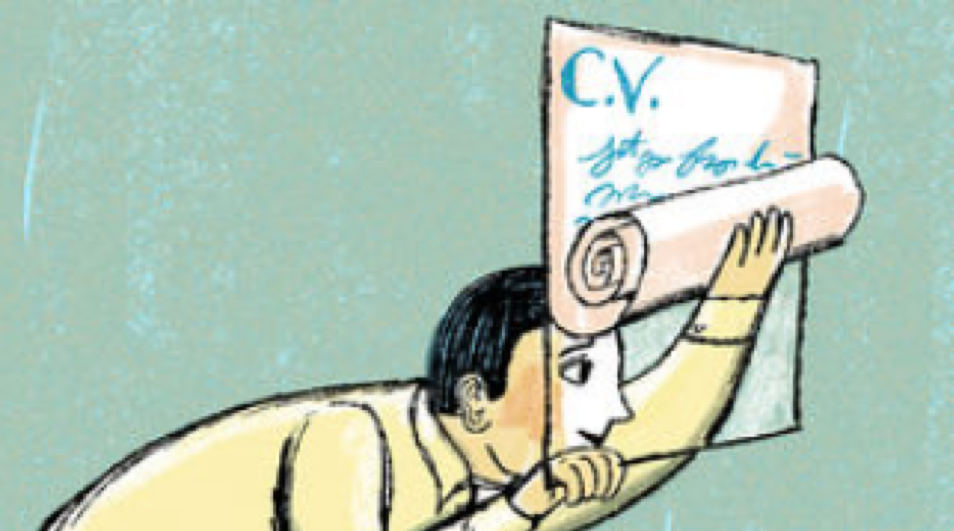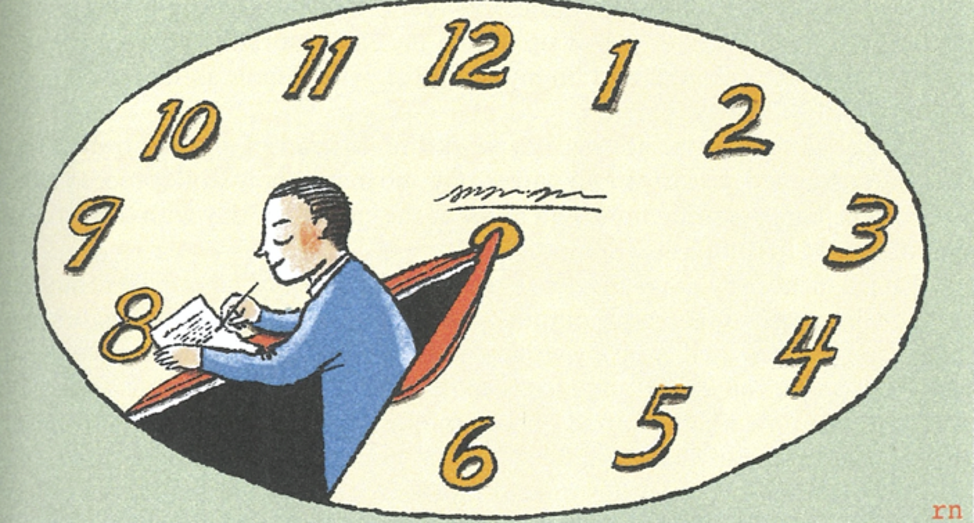Early Career Mentoring

Book
Selected Reviews
From Amazon reviews:
“Though the author is from a specific field, I find the tips super helpful and equally valid for almost any field within academia. The chapters are small, yet engaging, and the author has done a great job in putting headings so if I need to review a specific part, I know what exactly to expect under that heading. Highly recommended to PhD students as well as those in early stages of career.”
“Brevity is the soul of wit, and this book absolutely contains the soul of both wit and wisdom. I'll call it a "Must Read" for University scientists who are starting out.”
From Goodreads reviews:
“66.7% helpful reminders, 23.3% insightful, 10% brilliant. A good read for PhD students and early career academics. Short and readable in a few hours.”
“I highly recommend this for anyone at any stage of their academic career. My supervisor gave it to me and I think it really helps focus on what's important in this type of career. Marked to a specific shelf so I can definitely revisit in times of struggle.”
From formal review in the journal Frontiers in Education:
“This book is a little gem that can be defined as a “survival guide” for PhD students, postdocs, and new (and not only new) faculty members to approach a career in scientific research with a conscious attitude. The book is based on the academic experience of prof. Jeffrey J. McDonnell and his leadership in his scientific field, and offers plenty of suggestions, personal advice, practical thoughts, and solid recommendations on how to live a happy life in academia, especially in the initial period of a researcher’s career.”
Guest Lectures

Lecture topics if you'd like Jeff to speak to your group:
Attributes of successful researchers: A discussion of the traits of successful researchers going back to the early writings of William Beveridge in the 1950s.
Developing a research brand identity: Thoughts on how to enter into research where so many others are jockeying for position and ideas. How to get your ideas heard.
Communicating your work: Paper—and proposal writing hacks. This material covers of of Jeff's more popular writings in Science on the one-hour work day (with an Altmetric score of 1837) and his ideas on the top-down approach to paper writing. It also discusses some of the things he learned while working with the famed grant writer, Donn Forbes.
The academic job hunt: This discusses the factors to consider for applying to academic jobs, the academic job interview and negotiating one's first faculty position.
Surviving the first few years: A candid discussion of the road to tenure; building a research group and tricks for work-balance.
To book a lecture with Jeff contact him via email, Here.
Quotes

Jeff's favorite quotes:
"Academic Happiness = reality - expectations."
"What is important is seldom urgent and what is urgent is seldom important."
"I was taught that the way of progress was neither swift nor easy."

